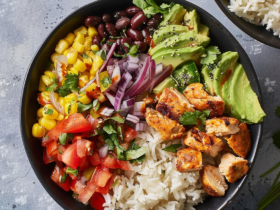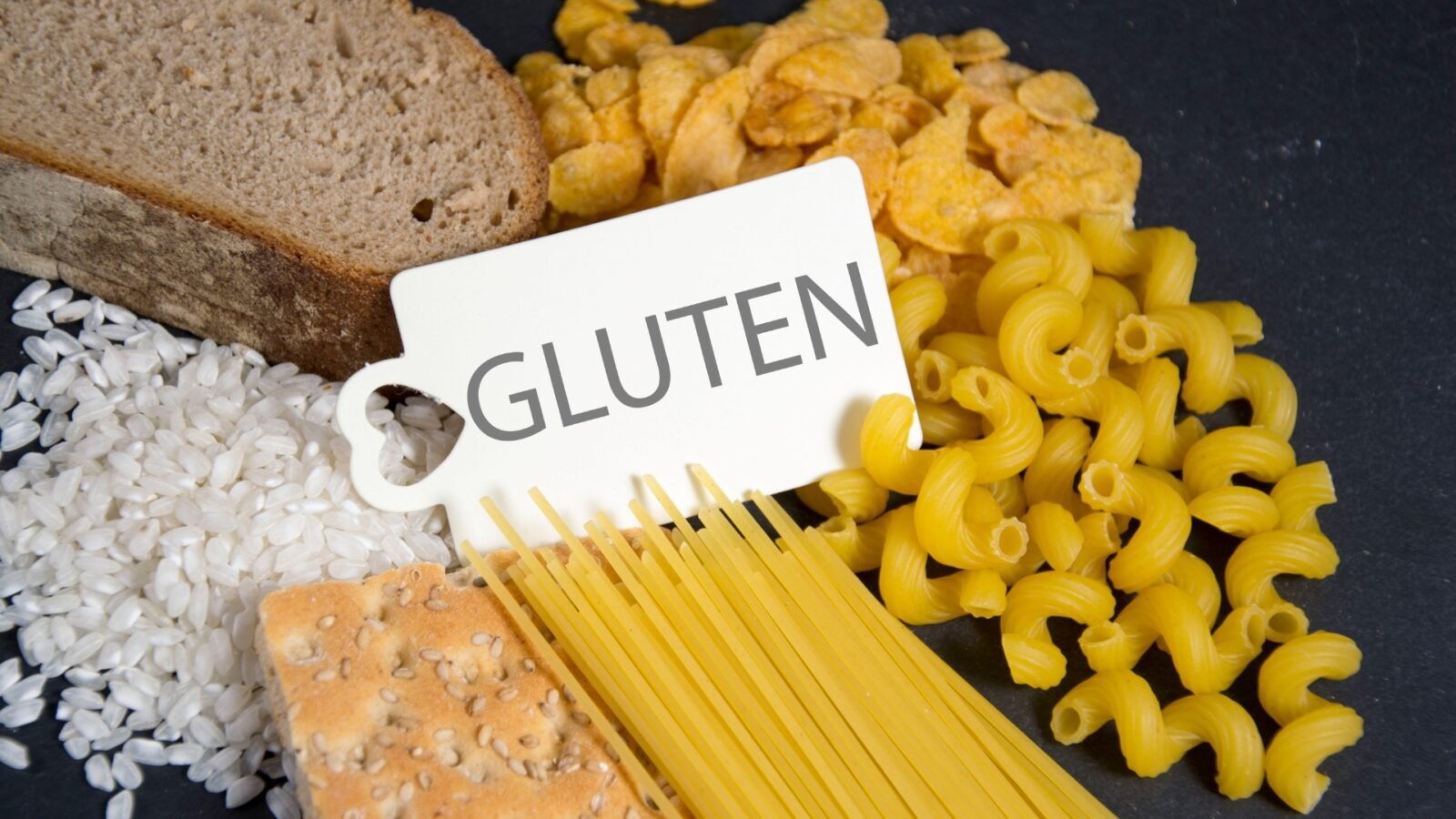Gluten, a protein found in wheat, barley, and rye, has become a buzzword in the world of nutrition. From gluten-free diets to gluten sensitivity, there’s a lot of information—and misinformation—floating around. In this blog, we’ll explore what gluten is, its impact on the human body, common myths and misconceptions, and who should truly avoid it.
What is Gluten?
Gluten is a complex protein that gives bread and other baked goods their elasticity and chewiness. It’s found in many common foods, including pasta, cereals, and pastries.
Impact on the Human Body
For most people, gluten is perfectly safe to consume and doesn’t cause any health problems. However, for individuals with certain health conditions, gluten can pose challenges.
1. Celiac Disease
- An autoimmune disorder where the ingestion of gluten leads to damage in the small intestine.
- Symptoms include diarrhea, bloating, fatigue, and skin rashes.
- Requires a strict gluten-free diet.
2. Non-Celiac Gluten Sensitivity
- Some individuals may experience symptoms similar to celiac disease without the autoimmune response.
- A gluten-free diet may alleviate symptoms, but diagnosis is challenging.
3. Wheat Allergy
- An allergic reaction to proteins found in wheat, including gluten.
- Symptoms can range from hives to anaphylaxis.
- Avoidance of wheat and wheat-containing products is necessary.
Common Myths and Misconceptions
Myth 1: Gluten-Free Diets are Healthier for Everyone
- Truth: A gluten-free diet is essential for those with celiac disease or gluten sensitivity but offers no health benefits for others.
Myth 2: Gluten Causes Weight Gain
- Truth: Gluten itself doesn’t cause weight gain. Overconsumption of high-calorie, processed foods containing gluten may lead to weight gain.
Myth 3: All Grains Contain Gluten
- Truth: Many grains, such as rice, quinoa, and corn, are naturally gluten-free.
Myth 4: Gluten-Free Foods are Always Healthier
- Truth: Some gluten-free products may be high in sugar, fat, and artificial ingredients.
Can Gluten be Consumed Safely?
Yes, for the vast majority of people, gluten can be consumed safely. Only those with celiac disease, non-celiac gluten sensitivity, or wheat allergy need to avoid it.
Conclusion: Understanding Gluten
Gluten has become a controversial subject, often misunderstood and surrounded by myths. The truth is, gluten is safe for most people and only poses a risk to those with specific health conditions.
If you suspect you have a gluten-related disorder, it’s essential to consult with a healthcare provider for proper diagnosis and treatment. Self-diagnosing and unnecessarily eliminating gluten from your diet can lead to nutritional deficiencies and other health issues.
Remember, a balanced diet that includes a variety of whole, unprocessed foods is the key to good health, whether it includes gluten or not.














Leave a Review